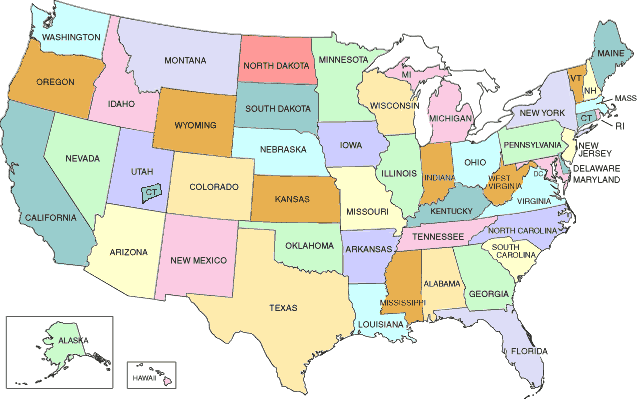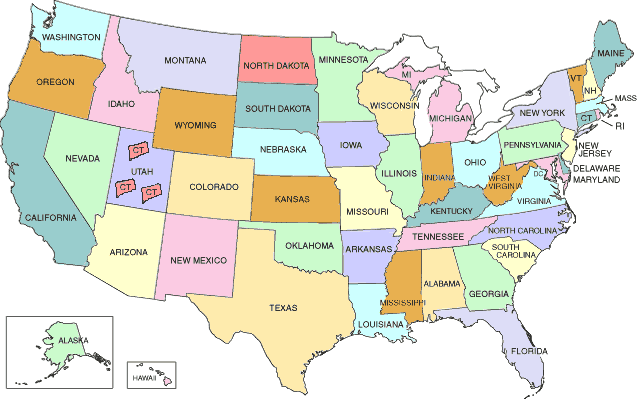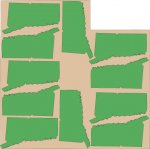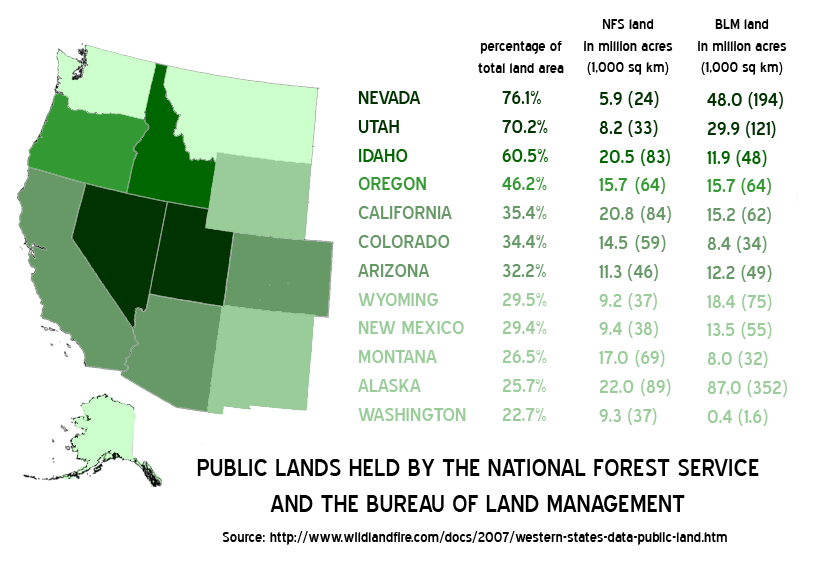I need to post some photos of the 5 or 6 WSAs in San Rafael Swell alone. Just two weekends ago I spent significant time in two of them (on foot) and I am not against Wilderness designation either in the slightest (and Kurt really my opinions on this haven't changed much). I just don't think we particularly need more unless there is something discernibly crucial about that specific area that would require it. The WSAs are hard drawn on the map and comparing the early and late maps I have since I've lived in Utah I see little changes. I do believe most of the WSAs will ultimately become Wilderness I suspect. Of the ones I mention one has a cherry stem and one has one road, the rest are completely shut off to everything other than foot traffic. But again, that is OK. I am completely satisfied preserving these areas if the BLM has designed them as true wilderness areas and believes them to be such. I am also fine allowing them to protect other crucial areas, within reason.
But again,
we already have more wilderness area or WSA, in the state of Utah, that is greater than the entire landmass of the State of Connecticut. With ARWA honestly, enough is enough. This would designate a land mass closer to the size of all of lower New England, in one state alone... I also used to construct and maintain hiking trails. Just this morning I was helping construct a new mountain bike trail in the Uintas. I am more than aware of the damage erosion can cause even with just foot traffic. But in a majority of these areas I just don't see it. The 4WD users are not reckless, they seldom get into accidents in remote areas (unlike the high traffic areas - of which I completely agree with Kurt's points), and in most of these rural roads they might even see even a dozen vehicles on a road. Or fine, maybe 100 in a year. My belief is most of the 4WD users, just like all of us, are there for the same reason -- to enjoy the beauty of Southern Utah, and certainly not to destroy it as many of the very enviros I ski with regularly and am friends with would have you believe. I think we all generally believe that Utah and these beautiful areas are worth preserving and/or possibly protecting. Another word other than 'wilderness' certainly doesn't carry the cache these people believe in. I just believe some sort of middle of the road impact can possibly be, and should be, reached... Something that preserves jeep roads and multiple use access for the remaining BLM lands or a large portion of it that should be protected, but not in a close-off manner such as Wilderness or WSA designation, while maintaining crucial wilderness or WSAs that deserve the protection. If that is 3 or 4 million acres than so be it. But again, enough is enough...
Again I wanted to mention some of my enviro credentials to show you where I am coming from
Currently and since 2001 (8 years) I maintain a website with my dad dedicated to documenting disappearing species and cultures. He is and I traditionally have been a back-easy type who would easily "support wilderness designation in Utah" before I lived here and recreated here and saw how little impact I personally have as do the other people who travel the jeep roads. When I explain the real world impacts to the area generally he agrees. He sees the largest threats to Southwest beauty as mostly mining and development. I believe personally drilling can be conducted in a low impact method as I've seen it done this way and I believe drilling should be highly regulated and it should be have a certified low impact requirement in these areas (and probably even on all BLM, or at least BLM land worth of protection).
I also serve on the board of several environmental organizations. I work heavily on clean air issues, I also work strongly on climate change related issues. The way climate change is marketed currently by my peers makes me sick and not surprisingly its
not working (the personal guilt/sacrifice approach), what
two famous environmentalists call "going against the grain of the American psyche" which I also agree with.
I worked on the environmental council at University of Vermont. I have been awarded a grant in the past from World Wildlife Fund, and I also served as the University of Vermont's first climate change coordinator. I also examined and created a web site dedicated to highlighting what climate change's impacts will be to the New England economy...
You can see that the environment is certainly a crucial issue to me. I also do not and have never made these decisions or statements lightly. But this is currently my belief (as stated above and in the original post).




